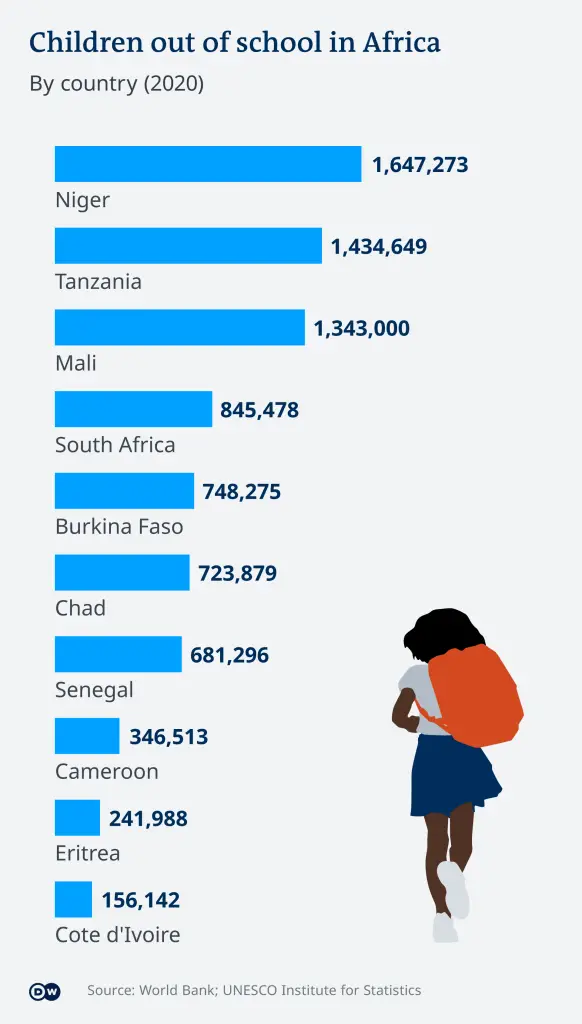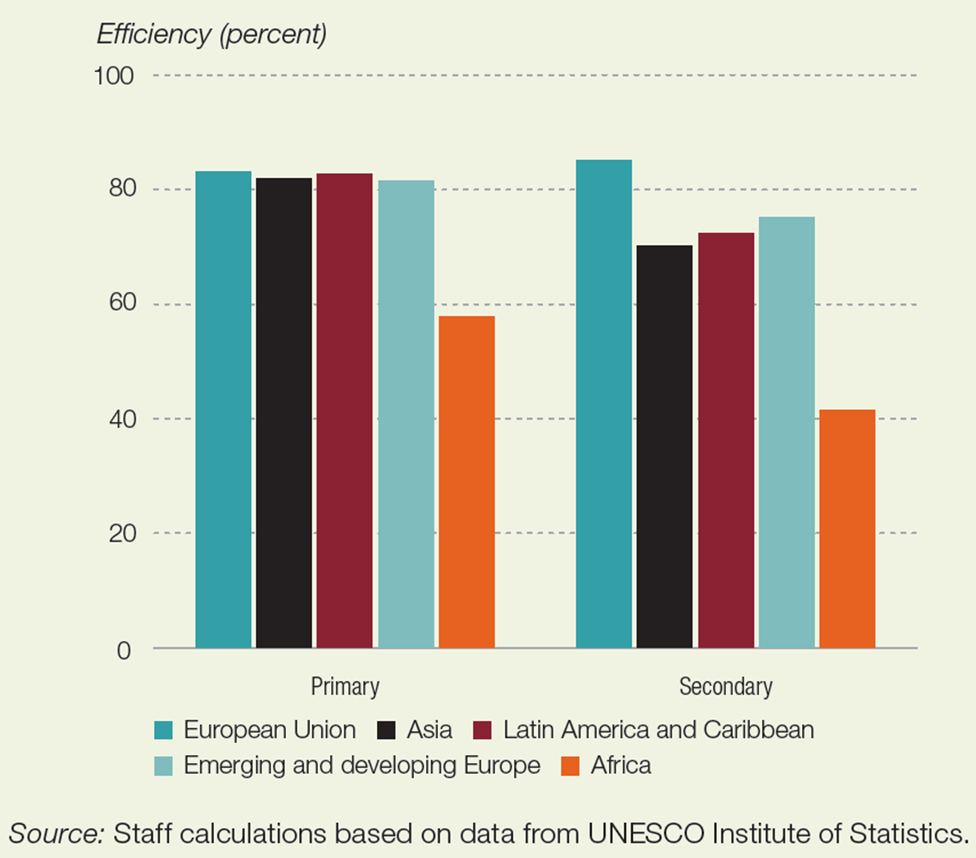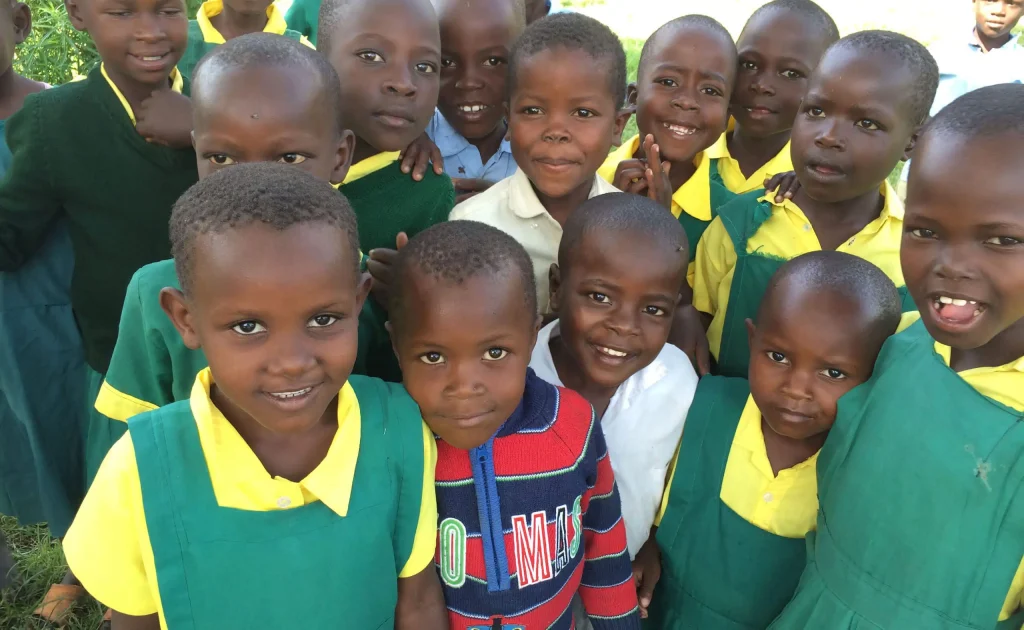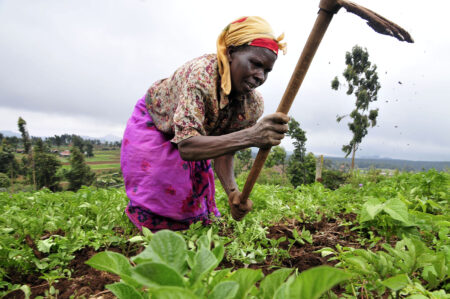- Kenya, Uganda, Tanzania hosts Aga Khan Education Services which has reached 500,000 students
- Africa’s education financing gap is standing at around US$40 billion
- Aga Khan Foundation operates across Africa, Asia and the Middle East
Education in Africa has many faces and the sector is filled with innovations, knowledge management techniques and funding mechanisms.
Over the past years, education funding in Africa has changed. Governments are pouring significant efforts to leverage the current wave of technological innovation and partnerships to boost education in Africa.
Recently, the Aga Khan Foundation (AKF) gave education a shot in the arm, particularly in developing African nations in Uganda, Tanzania, and Mozambique.
This was during the 2022 Doha Forum, where AKF and Education Above All Foundation signed a new US$50 million partnership to help millions of out-of-school children access quality education.
According to AKF, the new five-year partnership stretches from 2022 to 2026. It leverages “investment in some of AKF’s existing education programmes being implemented in partnership with the Governments of the United Kingdom, Canada, the United States, and the European Commission, UNICEF, and several other private foundations.”
Further, AKF demonstrated how the partnership will work with the foundation’s flagship education programme (Schools2030), “which supports 100 government schools across ten countries to advance teacher-driven innovations to improve holistic learning outcomes.”
Tanzania, Uganda and Kenya are part of the latter—which brings about the essential and practicality of micro-innovations in school settings in the mentioned nations.
Aga Khan, as an organization, contributes significantly to the welfare of education globally. It serves around 25,550 students across Africa, Asia and the Middle East through 200 schools, supported by more than 5,000 staff.
Education in Africa
Africa as a region is facing a US$40 billion gap in education financing, according to African Development Bank (AfDB) 2020 report estimates.

Africa’s younger generation is working hard to learn and adapting to new knowledge fast.
Despite funding streamed from international and regional sources, education in Africa is faced with low-quality teaching and learning and inequalities and exclusion at all levels (United Nations).
Further, sub-Saharan Africa has the highest rate of education exclusion globally, whereby nearly 60 per cent of young people aged 15 to 17 are not in school, according to the UN.
“The education of girls is of particular concern: 9 million girls on the continent between the ages of 6 and 11 will never attend school, compared to 6 million boys. By the time they reach adolescence, girls have a 36 per cent exclusion rate compared to 32 per cent for boys.”
The learning environment in the region is argued to be a factor hindering school children’s success in learning. The vicious cycle of unemployment and poverty contributes to at least 40 per cent of all students dropping out of school before completing grade 12.
However, the latter doesn’t discourage countless efforts to amalgamate Africa’s present education potential with modern tech and bridge the learning divide with the developed world.
In August 2021, Africa’s education technology industry attracted around US$20 million in funding since 2019.
The Covid-19 pandemic sparked a widespread investment in the sub-sector. Existing and emerging startups in Tanzania, Kenya, and South Africa capitalized and doubled down on innovating relevant and simple edtech solutions.
In terms of numbers, Africa’s performance in education is notable. According to AfDB, in 2020, African governments will spend about 5 per cent of GDP on education.
Hence, the latter suggests that almost half of all African countries meet both of the recommended education financing targets set by the United Nations. In addition, Southern Africa has the highest education spending efficiency.
The latter calls for bolting public expenditure tracking surveys, using performance-based financing to improve outcomes and improving teacher quality to reduce school repetition (AfDB).
It is widely notable in Africa for households to be involved in financing education and cover, on average, one-third of the cost. Thus, funding programmes to levitate such families is of paramount importance.

AKF funding education in Africa
AKF has a very deep-rooted history of funding education initiatives in Africa. This effort is one of many funding partnerships that give life to education programs in the region and eliminate illiteracy within communities.
Gone are the days of education being an overlooked sector. Over the past decade, funding for education has assumed a critical shape.
The Aga Khan Development Network (AKDN) has been investing in education in Africa for several decades, from the early stages of learning to the university level.
AKDN has contributed to enhancing education systems in Uganda, Tanzania and Kenya with the support of partners—the network has reached 1,300 public schools, trained 6,00 teachers, and reached 500,000 students.
In Tanzania, where Aga Khan has substantial roots, education financing has assumed a good picture. The Aga Khan organization has taken multiple steps in ensuring education in East Africa is adequately funded.
The organization has established a non-profit wing, Aga Khan Education Services, in Kenya, Tanzania and Uganda, hosting 18 quality schools serving 7,200 students and employing over 500 teachers.
Africa’s population grows every year, becoming younger by the day. With quality and relevant education systems set in place, Africa has the potential to capture robust economic growth and reshape critical economic and industrial systems via its learned population.
Read: World Bank invests in East Africa’s vocational education











